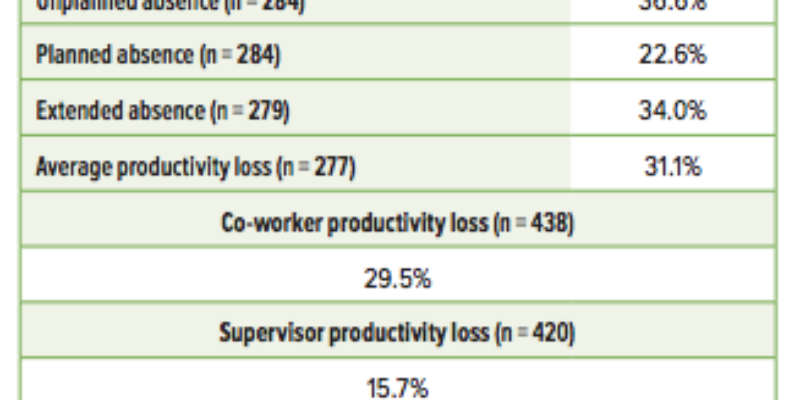We, HR, are already people person but learning how other functions of business work and using some of their good practices in HR can add value to our profession. And that is one of the things that every HR must try! Try to work, collaborate or take short term assignments in other functions outside of HR. Doing this can help you can learn a lot about the business.
And if you are an HR who works in a small business or start up organization you already might have to wear different hats. Being an HR generalist also means that you have to have skills and knowledge in every facet of HR. Be it people relations, selling a position to your job candidates, doing payroll that involves numbers and calculations, making sure compliance is intact etc.
Here is what you can possibly learn from other functions and how you can bring that experience to your HR function!
Customer care – Treat your employees like a high value customer
Customer care folks are a talented bunch who make the customers feel like ‘It’s-all-about-them’. From checking if customers are happy with the services, giving upgrades to loyal customers, to sending out birthday wishes there are many tactics that make a customer satisfied and loyal.
We often preach that employees are internal customers. But are you really treating your employees like a high value customer, who you then want to become a loyal one? Ask your customer care team to share some light on their ‘Service Recovery’ – their strategy to identifying customer concerns and proactively responding to them with the aim of customer retention. Learn how to treat your employees concerns as customer complaints. I know we cannot keep everyone happy but giving employees an opportunity to express their concerns and making them feel like they are heard goes a long way. Customer care for HR and recruitment is providing better employment experience and candidate experience.
[Tweet “Treat your employees concerns as customer complaints”]
Marketing Team – Recruitment Branding & Employer Branding
Marketers are the minds behind how brands create strong and intimate relationship with consumers. They know the tools and techniques on how to make a product attractive and they learn the science behind why consumers should choose to buy their product. Marketers tactically choose everything, be it the package, quality of the product, communication around it etc.
Collaborating with marketing team can help you learn on how to do employer branding & recruitment marketing better by promoting your brand, creating an attractive job description that tells exactly what you are looking for, getting the word out about the job openings and about the work culture of your organization. I bet this will help you learn a bit of persuasive marketing to create an interest among job candidates by not just letting them know about the job profile but also about how it’s like to work at your organization.
Sales – The funnel, Negotiation, Influencing, Data Analysis
They know the success of their profession is their network and relationships. They are great at Influencing, building trust, negotiating and turning those suspects in their sales funnel to prospects. Infact recruiters can use the most famous sales tactic – ‘The Funnel’ where they find, engage and close prospects to help source, attract and hire candidates.
When it comes to negotiating salary and benefits for that exceptional candidate who might even require a relocation, the negotiation skills that you gained from your sales team will come in handy. It can help manage your candidates expectations and make them say yes and not ask for more salary.
Spend some time with the least famous person in the sales department – ‘Sales MIS’ – the person behind all reports, analytics and who makes the classy sales presentation for the Sales Head. He is a guru of data management with the tools Microsoft Excel and Power point and he knows all the short cut keys. Everything I learned on how to use Microsoft excel effectively to complete that one hour long HR report within a few seconds was from the sales MIS friend in my previous company. It saved my time and increased productivity.
Finance – Learn your cost and it is all about numbers
I have always seen HR pros getting help of Finance or other third parties to help themselves and help employees fill their tax returns forms. Being a Finance major I can tell you that learning a little about how to read a balance sheet and profit and loss statement is enough for you to do your own taxes.
Learn some of the analytics and metrics like Cost per hire, revenue per employee, monthly turnover rate, training hour per employee, ROI of various initiatives and how these influence the way you make your HR decision. Next time you are looking to fill a position you could look at the overall cost for hiring a new candidate, training cost required to make him productive, and the other operating costs and compare that with an internal employee who already knows the culture of your organization and can succeed in that role with less cost. You would realize why promoting from within beats hiring from outside.
[Tweet “Promoting from within beats hiring from outside”]
IT – Communication & Security
IT has always been an overlooked function and in many organizations the relationship between HR and IT is worsening. But irrespective of what size of business you are, you can’t survive without IT. Know how IT handles communication, governance, office infrastructure, data management and the security systems.
During any rapid and complex technological change collaborating with IT can make HR focus more on process and help grasp that change easily. Know how you can work together on major projects like e-recruiting, training or any HR technology/solutions integrations. Put them in loop when you are looking to buy an HR Technology so they can tell you what matters to the most when it comes to Data Security, Backup Disaster Recovery and other required maintenance.
Atleast learn some html coding that can come handy to manage, design, customize and publish your content on your corporate blog.




